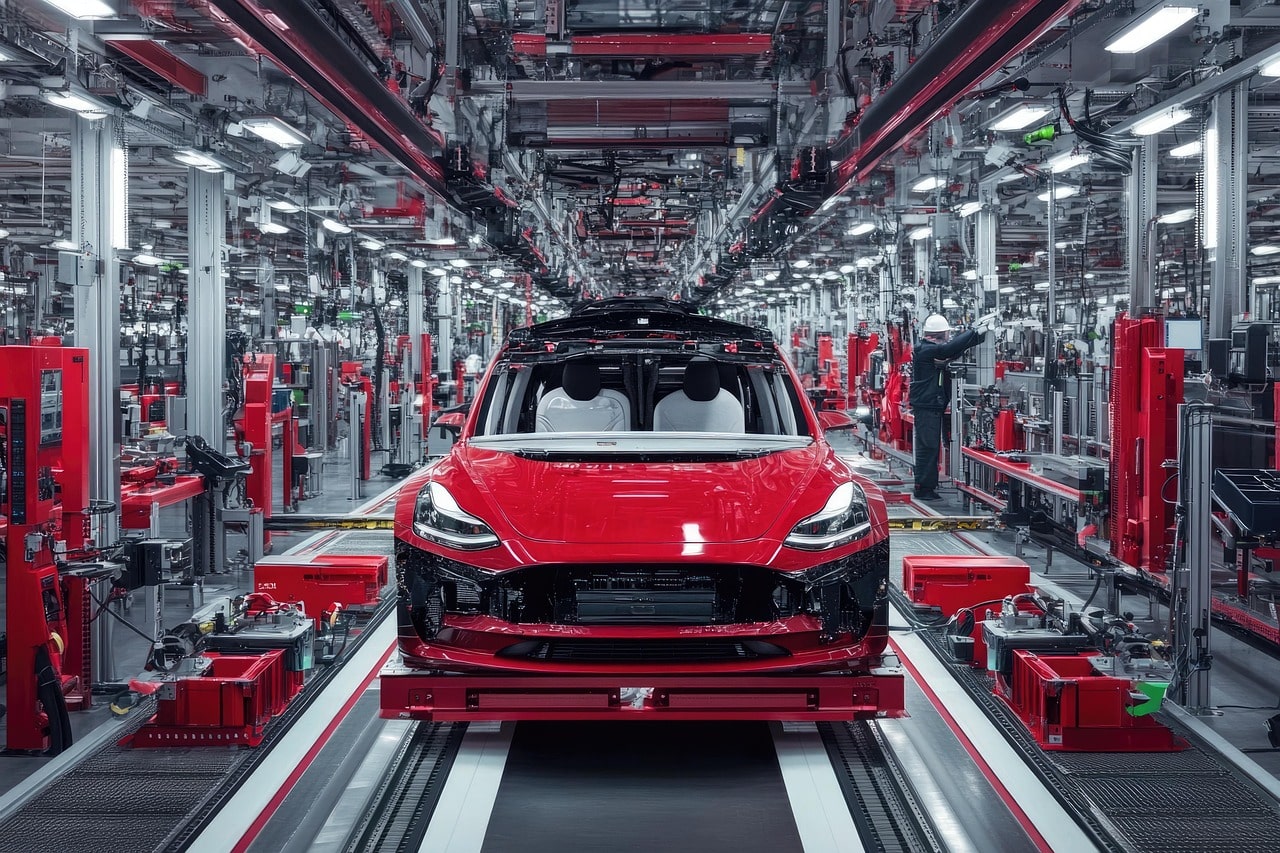Rethinking quotation processes: Efficient quotation management for OEMs and automotive suppliers

In today's automotive industry, speed, precision and efficiency are essential. OEMs (Original Equipment Manufacturers) and automotive suppliers are under constant pressure to produce competitive quotations in the shortest possible time - while at the same time increasing complexity. This is where modern quotation management comes in: as the key to greater transparency, control and economic success.
Why offer management needs to be rethought
Traditional quotation processes are often based on manual workflows, scattered information and lengthy coordination loops. In an environment where projects run in parallel and margins are under pressure, such structures are no longer fit for purpose. Companies that digitize and standardize their quotation management gain a clear competitive advantage.
Efficiency through digitalization and automation
An intelligent quotation management system integrates relevant data sources, uses templates and calculation aids and enables audit-proof documentation. Automated workflows allow quotations to be created more quickly, approval processes to be accelerated and error rates to be reduced.
For automotive suppliers in particular, who often have to respond to tenders from large OEMs, this means more time for strategic decisions instead of administrative tasks.
Transparency and traceability as a competitive advantage
Transparent quotation processes enable seamless traceability - from the initial inquiry to final approval. Everyone involved has access to up-to-date information, making internal coordination much more efficient. Changes can be tracked in real time and responsibilities are clearly defined.
Strengthening collaboration - internally and externally
Modern quotation management not only improves internal processes, but also cooperation with customers. Standardized and quickly retrievable offers strengthen trust and create commitment. OEMs benefit from predictability, suppliers from clear framework conditions.
Conclusion: Competitive through smart offer management
If you want to remain successful in the automotive industry in the future, there is no way around sophisticated and digital supply management. The combination of automation, transparency and speed provides OEMs and suppliers with decisive advantages - especially in times of increasing demands and global competition.











.svg)
































































